Oceans
-
 Environment
EnvironmentOil from BP spill may be sitting on seafloor
More than four years after the Deepwater Horizon disaster in the Gulf of Mexico, scientists find that oil is still lingering over a large area on the seafloor.
By Beth Mole -
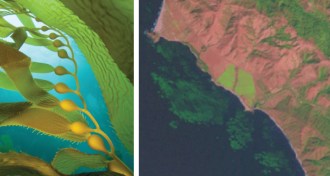 Ecosystems
EcosystemsHelp scientists find floating forests of kelp
By looking for signs of kelp in satellite images, citizen scientists can help researchers keep track of the world’s seaweed forests.
-
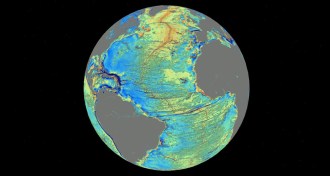 Oceans
OceansSatellites expose mysteries of the deep ocean
New detailed map of Earth’s seafloor reveals never-before-seen formations.
-
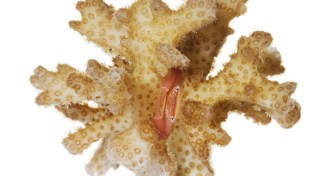 Animals
AnimalsCrabs guard coral from army of sea stars
Coral guard-crabs proved their worth during a 2008 outbreak of crown-of-thorns sea stars, with many successfully protecting their coral from being eaten.
-
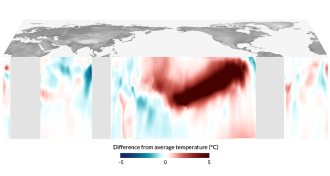 Climate
ClimateMissing winds probably foiled 2014’s chance for El Niño
Lack of antitrade winds probably hampered 2014 El Niño.
-
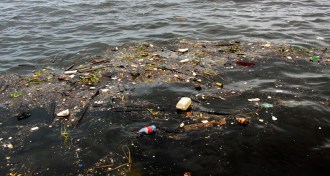 Oceans
OceansPlastic may take unexpected routes to marine garbage patches
By redefining ocean boundaries, researchers offer new insight to how litter moves through the oceans and who’s to blame for the floating clumps of trash.
By Beth Mole -
 Physics
PhysicsUnusual turbulence seen along North Carolina coast
Storm winds in Currituck Sound, North Carolina, may have created just the right conditions for scientists to see a rare type of turbulence in ocean waves for the first time.
-
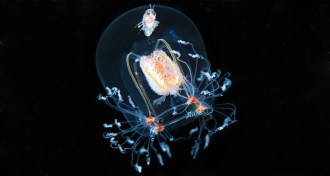 Animals
AnimalsSeeing past the jellyfish sting
Jellies don’t get nearly as much love as their cousins, the corals, but they deserve credit for providing homes to some creatures, dinner to others and more. They’re an integral part of the oceans.
By Susan Milius -
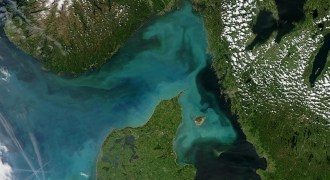 Oceans
OceansViruses might tame some algal blooms
The rapid demise of a giant, carbon-spewing algal bloom points to the influence of viral wranglers.
-
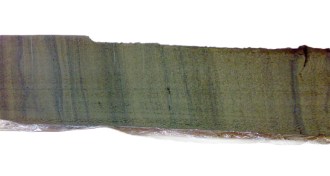 Oceans
OceansWorld’s largest ocean dead zone may shrink as Earth warms
North Pacific dead zone may grow smaller, not expand, as climate change weakens Pacific Ocean trade winds.
-
 Oceans
OceansMercury at ocean surface may have tripled since preindustrial times
Questions remain over dangers of toxic metal in environment.
By Beth Mole -
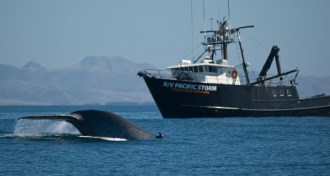 Oceans
OceansWhales and ships don’t mix well
A 15-year study of blue whales off California has found that major shipping lanes cut through feeding grounds.